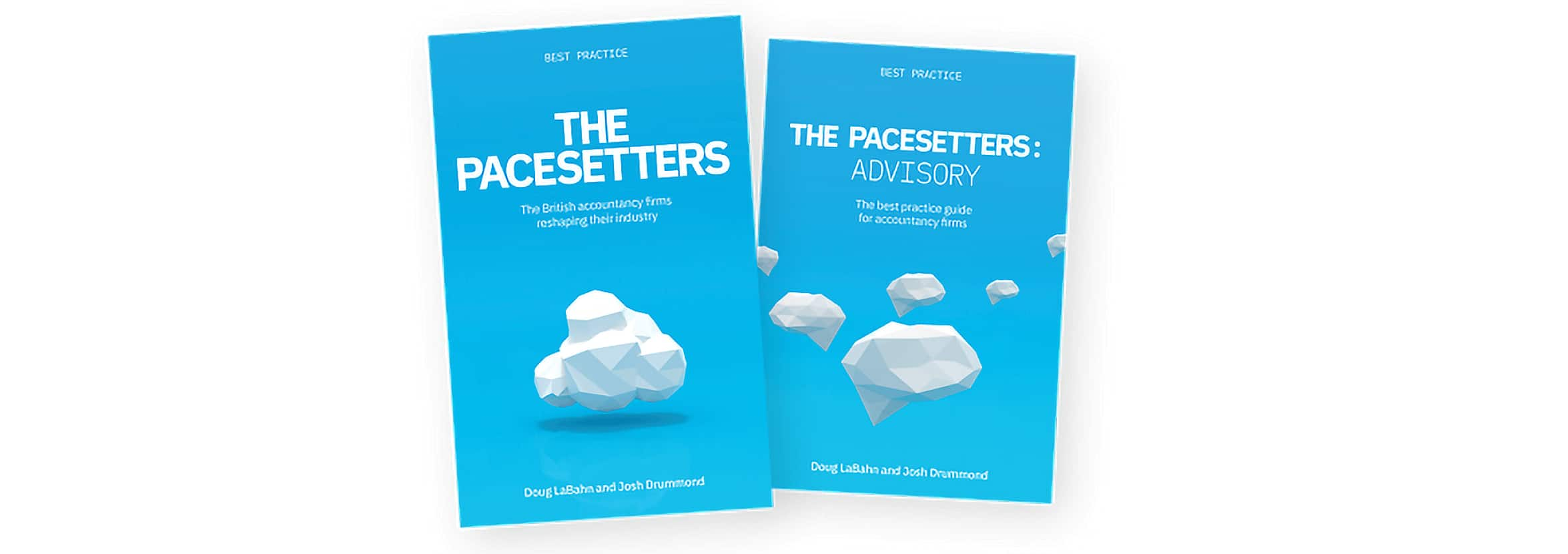Accounting spreadsheets are holding your business back
If you’re using spreadsheets for your business accounting, it’s time to think differently.

If you’re considering whether accounting software would be right for you and your clients – especially if you think spreadsheets have been working just fine – here’s some accounting spreadsheet myth- busting to help with your decision making.
The five big spreadsheet myths
Myth 1: My clients prefer spreadsheets to cloud accounting software
Busted: Spreadsheets make things harder for your clients.
If you’ve got clients who bring in a bag of receipts at the end of the tax year, or show up with a spreadsheet, you might think they enjoy the status quo and won’t like cloud accounting. But the reality can be very different.
The best thing to do is ask. You may discover that they loathe spreadsheet work because it is time-consuming and keeps them from running their business effectively. Instead, they may prefer a more efficient method for gathering, recording and storing their business data over the year. This efficiency is exactly what accounting software offers.
Myth 2: Spreadsheets are more secure and more flexible than the cloud
Busted: Spreadsheets are less secure for you and your clients.
When you keep files on your own server or computer, behind a personal login name and password, it’s easy to feel secure. Unfortunately, that’s probably not the case.
In addition to the question of computer and server security, one of the main issues with accounting spreadsheets is that the information needs to be shared. And that’s usually by email. This is where things get vulnerable. Sure, your data may be secure, but how secure is the person you’ve just emailed? And how do you know the data will retain its integrity when passed to someone else?
Not only is this data transferring a security risk, but it’s how mistakes creep in. It’s also how you end up with productivity-destroying back-and-forth. Do filenames like “client_information_final-v2-08_FINAL.xlsx” seem familiar?
Using the cloud can make these concerns a thing of the past. Once data’s entered, there’s a single source of truth for all accounting. Clients can keep their finances up to date without nearly as many emails, and every employee in the practice can see the same information – and be granted permissions as appropriate.
This security also makes it easy to access your files from anywhere. Because it’s kept in the cloud, you can work wherever, and whenever, you want.
Myth 3: Everyone understands spreadsheets
Busted: Spreadsheets are as individual as the people who created them.
Spreadsheets are widely understood and used – so they can be used for everything, right? Not quite. Spreadsheets are flexible by nature, so everyone can have a different idea of how to represent data. This potential inaccuracy and misinformation can lead to wasted time, confusion and inefficient practices.
Accounting software, on the other hand, has standard features that work the same way for everyone. And even when you can customise functions and reports to suit your practice, those new functions are also accessible by the whole team.
Myth 4: Spreadsheets work well for accounting
Busted: Spreadsheets aren’t designed for accounting – but they are useful, in other ways.
There are a host of problems with spreadsheets when they’re used to run an accounting practice. Setting them up takes time – or money, if you need to go to an outside agency to do the heavy lifting. There’s no audit trail, and it’s easy to introduce human error or even fraud. Performing simple functions of accounting software with a spreadsheet requires an in-depth knowledge of macros and scripts, which usually aren’t accessible or understood by anyone except expert users.
But no-one expects accountants to stop using spreadsheets altogether. Rather than taking the full weight of a practice, you can use spreadsheets as a bridge, or as a stopgap solution, when warranted. They’re still useful for all sorts of tasks, but even those tasks can be coupled with the power of the cloud.
Myth 5: My practice is small – we only need spreadsheets
Busted: You don’t want to stay small forever.
When your practice is small, or you’re just starting out, it can be easy to stick with what you know. Spreadsheets look like a cheap accounting software solution.
But spreadsheets don’t scale. As your practice grows, spreadsheets become exponentially more complicated. After a while, you’re spending more time on them than you are running your business, or talking to clients. Cloud accounting gives you that time back. It’s designed to make things more efficient and accurate for you and your clients, giving you day-to-day financial visibility that a spreadsheet simply can’t.
Easy ways to step away from spreadsheets
If you're running or working in a spreadsheet-heavy practice, there are a few simple actions you can take to help reduce that reliance.
- Watch and share videos of accounting software in action. Choose a couple of software products and have a look at how they work. You and your colleagues will quickly see how quick tasks become when everything’s online.
- Start to reduce the use of spreadsheets for non-accounting work. For example, if you use a spreadsheet to monitor visitors in and out of the office, consider using a dedicated app for the task. This will help set a precedent for moving away from spreadsheets.
- If you struggle to get people into the mindset of moving on from spreadsheets, ask them to jot down memorable cases of when a spreadsheet has caused a problem – for example, data corruption, version control, lost files. Chances are that each of these challenges could have been overcome with cloud software.
- Make sure your practice is set up with the right technology for employees to use. Consider investing in second monitors for each team member so they have more screen real estate for comparing different digital documents without having to move or minimise windows.

Learn more from The Pacesetters
In these best practice books, discover how advisors around the world are using cloud accounting to transform their practices. The Pacesetter series is available to buy on Amazon.
The Pacesetters shows how UK accounting practices are reshaping their industry.
The Pacesetters: Advisory describes how to add advisory services to your business offerings.
Become a Xero partner
Join the Xero community of accountants and bookkeepers. Collaborate with your peers, support your clients and boost your practice.